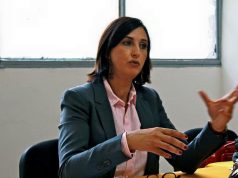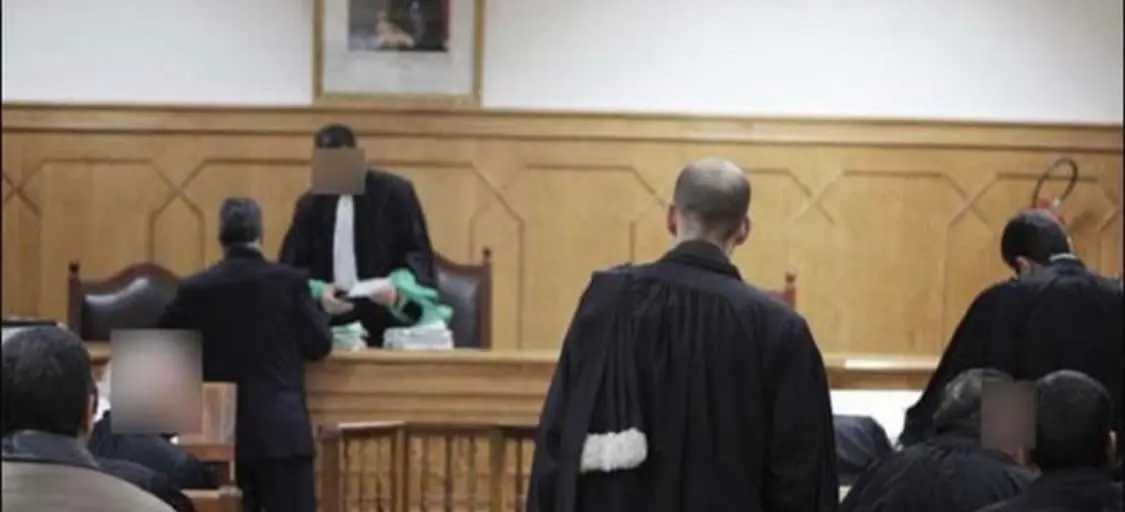This two-day meeting, held under the theme “Promoting the culture of mediation and prevention in the Mediterranean”, was attended by executives from the UN, the OIC, and the Arab League, in addition to representatives from the civil society.
Organized by the Slovenian Ministry of Foreign Affairs, this third Seminar is being held in the context of the follow-up to the Moroccan-Spanish initiative on “the promotion of mediation in the Mediterranean”, launched on 28 September 2012, on the margins of the 67th session of the United Nations General Assembly, in New York.
Speaking at the opening session of the meeting, Mrs. Bouaida welcomed the organization of this session in Slovenia. She also noted that this initiative aims at taking concrete actions for an effective mediation, underlining that it is open to all stakeholders, including focus groups, institutions, and universities, which can undertake initiatives to promote mediation in the Mediterranean region.
After indicating that the theme of the third session is to promote a culture of mediation and prevention in the Mediterranean, the Minister Delegate expressed the hope that this session will be an appropriate opportunity for adding value to this regional initiative, through the promotion of mediation as a means for the peaceful settlement of disputes.
Mrs. Bouaida added that the theme of this seminar, which is part of the continued efforts made by Rabat and Madrid during the previous sessions, is timely and relevant. Indeed, peace, stability, and prosperity are closely inter-linked, and constitute a means to ensure peace and security.
In this regard, she underlined that the international context and its impact on peace and development, call us to reflect upon the issues relating to mediation, as an effective means for the peaceful settlement of disputes, highlighting the need to integrate women and the civil society, and to guarantee their full contribution to the mediation efforts.
Furthermore, Mrs. Bouaida welcomed Turkey and Finland for their efforts to promote mediation for the peaceful settlement of conflicts, recalling that the two countries intend to submit a draft resolution on mediation during the next session of the UN General Assembly.
The Minister Delegate also expressed the hope that this session will enable the Mediterranean partners to take concrete measures, mainly, through the establishment of an action plan that takes into account the proposals and recommendations of the Madrid, Rabat and Brdo sessions.
Furthermore, Morocco and Spain announced, during this meeting, the holding of a training session, on the role of women in mediation in the Mediterranean region. This training will be provided by the Centre for Studies and Research in Social Sciences, and the International Centre for Peace of Toledo for the promotion of mediation in the Mediterranean, compliant with the Memorandum of Understanding signed between the two centres, in 2013.
Among the objectives of the Moroccan-Spanish initiative are; raising awareness on the increasingly important role of mediation in conflict resolution and on the dispute settlement in a region where the international community is making every effort for achieving peace, security, stability and development; the contribution to efforts for capacity building in the field of mediation, at the national, regional and international levels; and creating the necessary synergies between the various stakeholders in the mediation sphere, whether this involves States, international and regional organizations, NGO’s, universities and research centers, or the civil society.
Source: Ministry of Foreign Affairs







